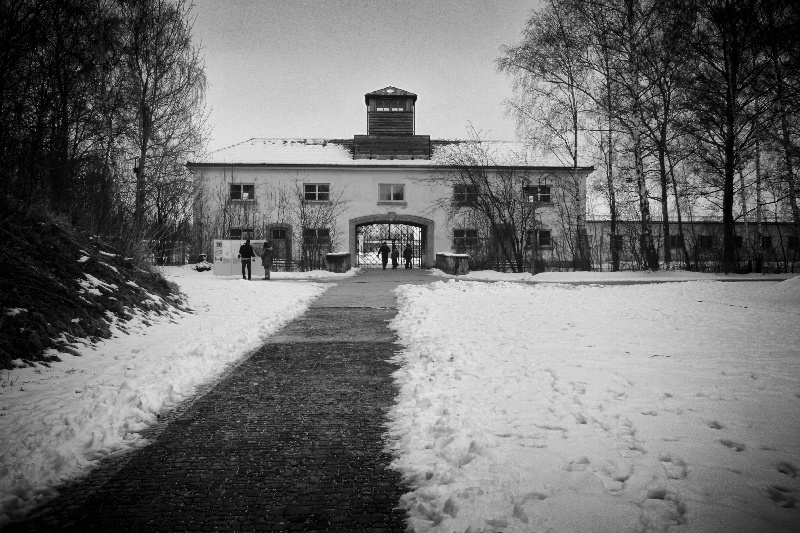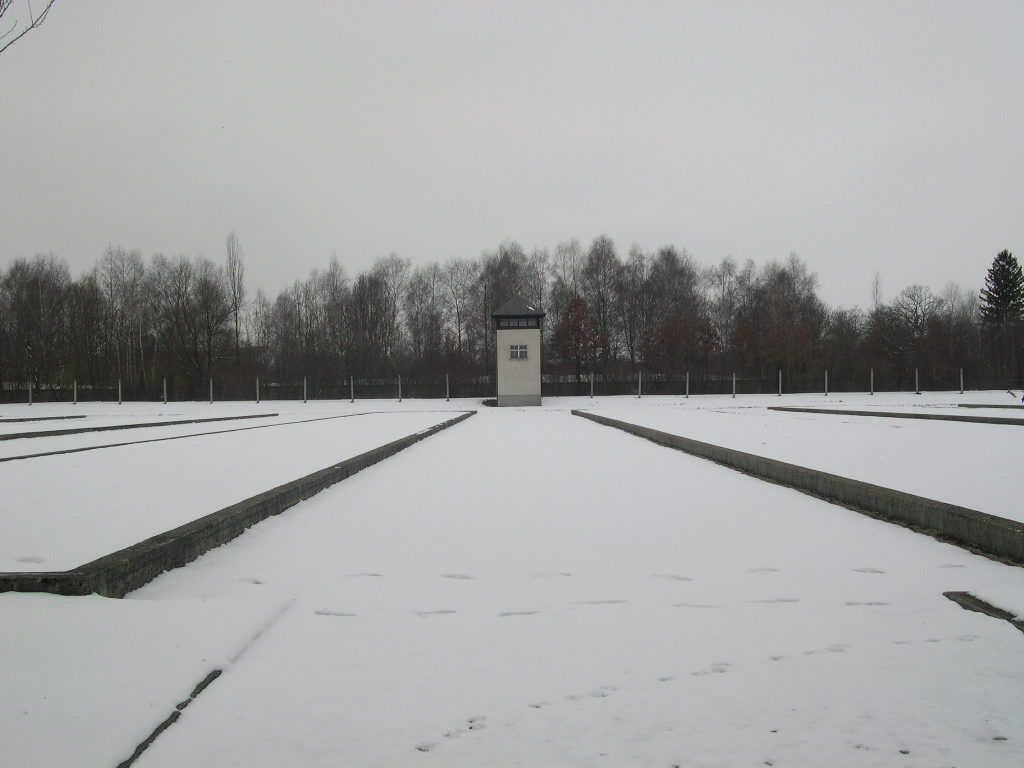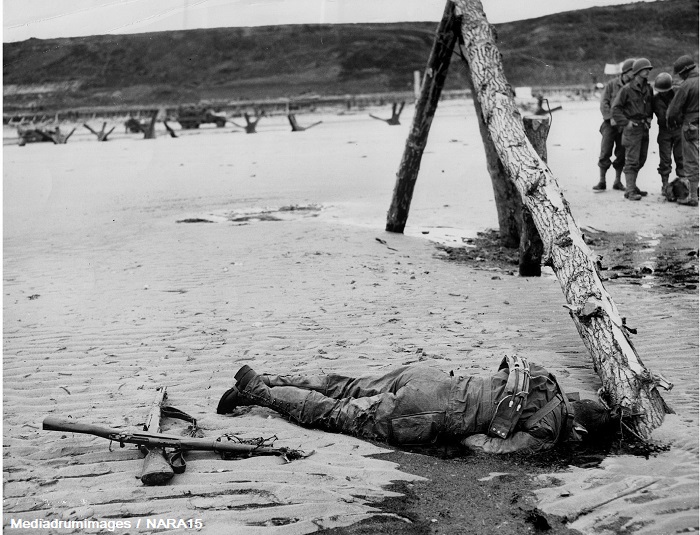October is (British) Black History Month, which completely escaped my attention. My apologies to all Africans who may feel slighted by my oversight.
So join me in commemorating the event by reading this piece of Black History.

October is (British) Black History Month, which completely escaped my attention. My apologies to all Africans who may feel slighted by my oversight.
So join me in commemorating the event by reading this piece of Black History.
I’ve never been to Auschwitz, whose 75th anniversary of liberation happened this week. I’m not sure I could stand it.
Dachau was bad enough.


Ich habe Dachau gesehen.
…forgotten, that is, except by people like this guy. And me. But along the way, in reading about this bastard, we see the following:
Leftism in America isn’t really a political commitment, though of course the left takes and supports a recognizable range of political positions. Leftism is, first and foremost, a fashion accessory that indicates a certain type of social status, similar to a Gucci handbag or a Rolex watch. It is a way to define oneself, and proclaim one’s solidarity with a self-conscious elite, and one’s social superiority to a hated group of outsiders. In America, the higher one rises in position, wealth, power, and status, the more leftward one’s political commitments move. This is counterintuitive at first glance, but it is nevertheless true. All their rhetorical arm-pumping about equality, revolution, income-redistribution, and hatred of Wall Street notwithstanding, left- liberals are primarily the representatives of the ruling class in America. They are not an absolutely dominant ruling class, but that is not for want of trying. They very strongly believe that they have the right and duty to govern all the rest of us.
More importantly:
The defense [of Hiss by the Left] is perfectly understandable if we read it as a claim to aristocratic privilege: Hiss is a member of the governing elite; by definition he can do no wrong! This is the same claim made by any mandarin class, whether the Prussian Junkers in Wilhelmine Germany, the landed gentry in Victorian England, the nomenklatura in the Soviet Union, or the upper-level managerial class in American corporate life today. People in such aristocracies sincerely feel that they have an inherent right to rule, and cannot be brought to book; they are a protected class immune from prosecution.
What happened in the Alger Hiss case was really important per se. But what it reveals about the Left — then and now — is more important still. Read the whole thing. (It’s quite long, but if you read nothing else today…)
I have no idea how plausible this scenario could have been, because it happened jillions of years ago. But it sure makes interesting reading.
Here’s a question for y’all (answers in Comments):
Assuming this were to happen in the near future, and was unavoidable — i.e. we really are all gonna diiiieeeee! — where would you want this giant meteor to strike, just for spite?
a) Washington D.C.
b) New York Fucking City
c) EU headquarters in Brussels
d) Beijing
e) Los Angeles
f) Wherever Greta Thunberg happens to be at the moment of impact.
After voting for your #1 choice, feel free to add your candidate locales in Comments.
From Mr. Free Market comes this observation:


As I pointed out to him in my reply, it goes deeper than that. In the old days, people used to leave their back doors open so the deliveryman could check the supplies of milk, butter and eggs in the fridge, and refill as needed.
I leave it to everyone’s imagination as to what would happen should such a service be reintroduced in Britishland today. (Or, for that matter, in any urban center in the U.S.A.)

June 6, 1944 — We will remember them.